To protect my time and energy, I must…
...Disconnect fully?
...Delegate better?
...Turn on my out-of-office and actually leave it to do its job?
...Get rid of the guilt I feel for stepping away?
Everyone’s version is different, but this is a useful question to ask before heading into a break. Especially if you're finding it hard to wind down, or your inbox is still following you into your holiday.
To protect my time and energy, I must… (What’s your honest answer right now?)
The science backs full detachment
One study found that a proper break can lift your mood and focus for over six weeks. That’s great! But only if you actually disconnect — no half-checking emails, no “just keeping an eye on things.”
It goes without saying that proper rest supports:
Burnout recovery
Creative thinking
Clearer priorities
Better working relationships
Staying in the job long-term without resentment
Working during your holiday, even a little, tends to undo most of that. And it’s something many of us struggle to do.
Why It’s So Hard to Switch Off?
Many of us tie our self-worth to output. When we’re not working, even during a planned break, it can feel like we’re letting something slip, or that we’ll be seen as less committed.
This isn’t about laziness, it’s often about deep-rooted beliefs: being needed, being productive, or not being replaceable.
Guilt tends to show up when there’s a mismatch between what you value (like clarity or calm) and the habits you’ve built to keep everything running smoothly.
It helps to break it down:
Explore the cause: Are you really responsible for what happens in your absence?
Respond with kindness: What would you say to a colleague in your shoes?
Adjust the system: Delegate more, communicate earlier, trust the structure you’ve put in place.
And if you’re a leader…
The responsibility is still yours — but that doesn’t mean you have to carry it alone.
Try this:
I’m responsible for making sure the work continues — even in my absence.
That means trusting my team with real authority.
And trusting myself to delegate well.
When leaders step away, they model something important:
That boundaries aren’t a weakness. That rest isn’t selfish. That a healthy team can carry the weight together.
When was the last time you took a full holiday — and really switched off?
What was different about your focus, energy, or mood afterwards?
What would make that kind of break feel more possible this time?
The stronger your holiday boundaries now, the more energy and clarity you’ll have later.
Switching off doesn’t mean you care less. It means you’re protecting the part of you that makes good work possible.
Happy summer holiday!
PS: This article is part of a bi-weekly email series explaining the leadership questions in the Architect’s Leadership Journal. You can join this email series here.


